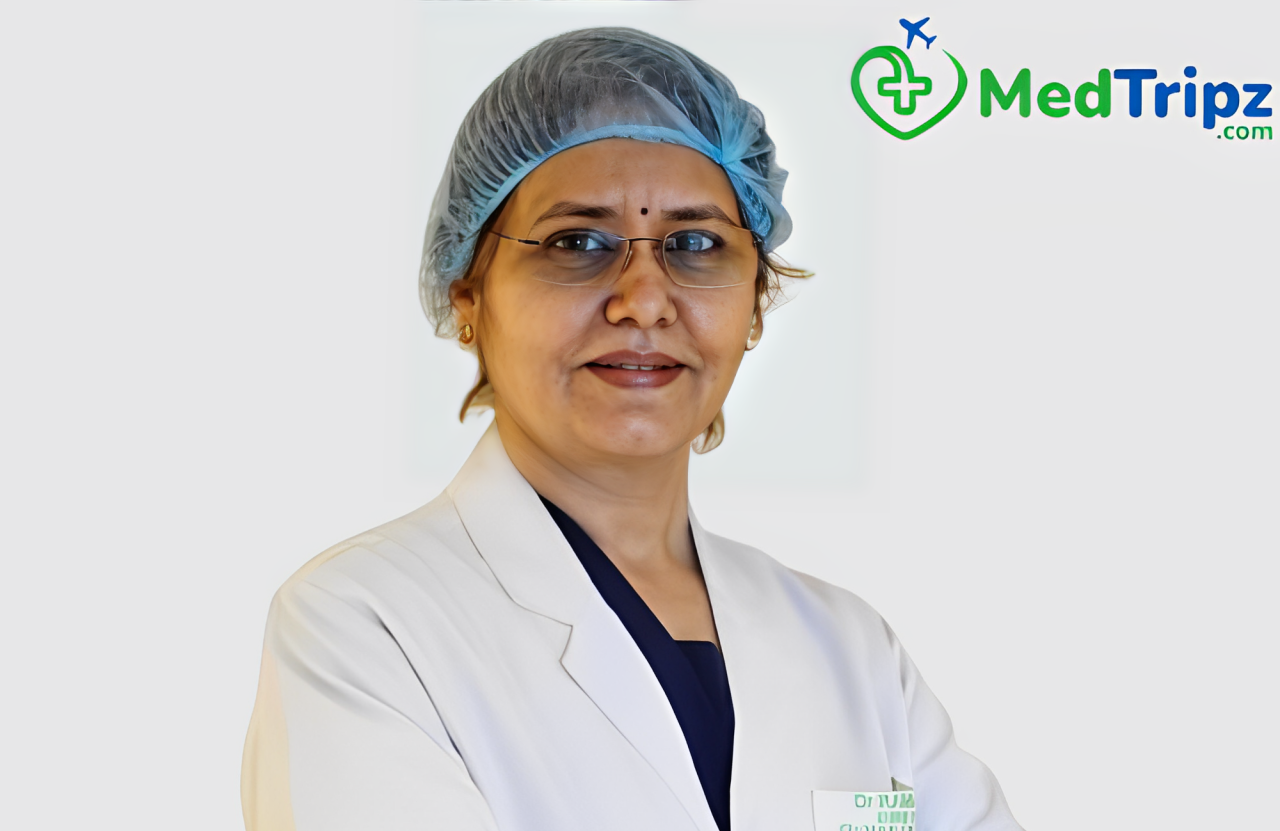Procedure Type
SurgicalProcedure Duration
2-3 HoursHospital Stay (Days)
5 DaysOvarian laparotomy is a surgical procedure performed to diagnose or treat various ovarian conditions. It involves making an incision in the abdominal wall to access the ovaries. This approach is generally used when minimally invasive methods, such as laparoscopy, are not feasible due to the complexity of the condition or the size of the ovarian mass.
This procedure is recommended for patients with conditions such as large ovarian cysts, tumors, or suspected ovarian cancer. It may also be necessary for cases involving severe endometriosis, pelvic inflammatory disease, or torsion of the ovary, where immediate access to the ovaries is critical for treatment.
Before undergoing an ovarian laparotomy, a thorough evaluation is conducted, including imaging tests like ultrasound or MRI to assess the condition of the ovaries. Blood tests and other diagnostic measures are also carried out to determine the patient’s overall health. Patients are advised to fast for a specific period before the surgery and may receive medications to prepare for the procedure.

PRINCIPAL DIRECTOR GYNAE ONCOLOGY

Senior Consultant, Gynaecological Oncology
During the surgery, the patient is placed under general anesthesia to ensure a pain-free experience. A vertical or horizontal incision is made in the lower abdomen to access the ovaries. The surgeon carefully examines and treats the affected ovary or removes it entirely if necessary. In some cases, surrounding tissues or lymph nodes may also be inspected or biopsied to rule out malignancy.
After the surgery, patients are closely monitored in the recovery area. Pain management and wound care are integral parts of the postoperative phase. Most patients are required to stay in the hospital for a few days to ensure there are no complications. Recovery times vary but typically range from four to six weeks, during which physical activities should be limited.
As with any surgical procedure, ovarian laparotomy carries certain risks, including infection, bleeding, and adverse reactions to anesthesia. There is also a possibility of damage to nearby organs or scar tissue formation, which may lead to fertility issues. However, with experienced surgical teams and proper care, these risks can be minimized.

New Delhi, India

Mumbai, India

Gurugram, India
Honest Guidance, Reliable Support, Seamless Journeys.
Provide Us
Reports


Get Medical
Opinions


Pre-Arrival
Arrangements


Visa
Support


Assistance in
Treatments


Fly back and
Follow Up

